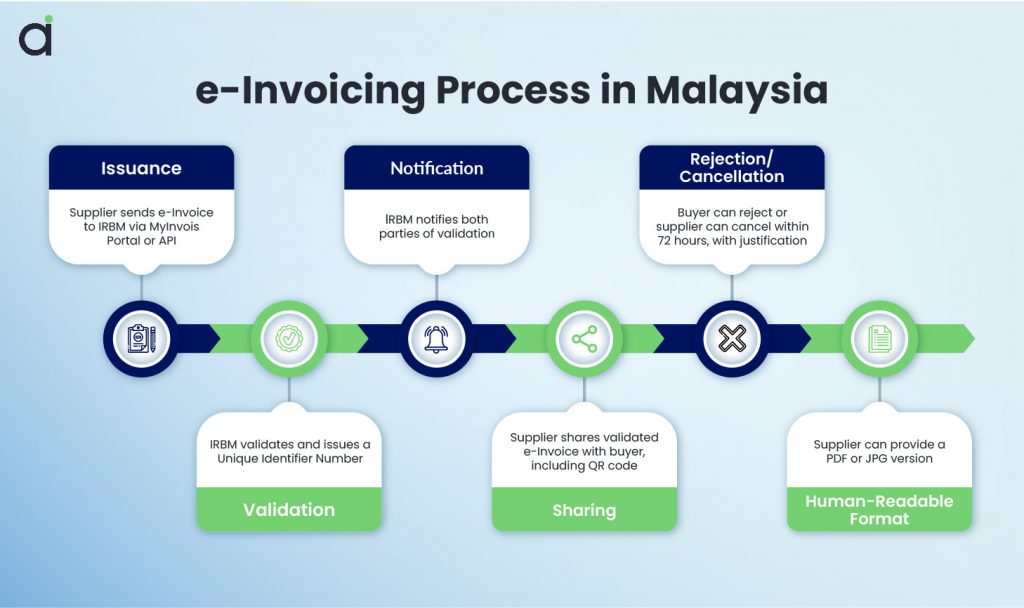The world of finance is evolving rapidly, and for startups, keeping up with digital advancements is crucial. One of the most transformative changes in recent years is the shift toward e-invoicing. Traditional invoicing methods—paper-based or even PDF invoices—are slow, prone to errors, and can create financial bottlenecks. For startups, where cash flow and efficiency are paramount, e-invoicing is more than just a convenience; it’s a necessity.
Understanding E-Invoicing: A Quick Overview
E-invoicing refers to the electronic generation, transmission, and processing of invoices in a structured digital format. Unlike traditional PDFs or paper invoices, e-invoices can be directly read and processed by accounting software, reducing manual effort and errors.

How E-Invoicing Differs from Traditional Methods
| Feature | Traditional Invoicing | E-Invoicing |
|---|---|---|
| Format | Paper/PDF | Digital & Structured |
| Processing Speed | Slow | Instant |
| Compliance | Requires manual tax calculations | Automated tax compliance |
| Security | Prone to fraud and loss | Secure & encrypted |
| Cost | Printing & storage expenses | Reduced costs |
Why E-Invoicing is a Must for Startups
Startups operate in a fast-paced environment where efficiency can make or break success. Here’s why adopting e-invoicing is a strategic move:
Cost Savings – Eliminates paper, printing, and storage expenses.
Faster Payments – Automated invoicing reduces delays and improves cash flow.
Regulatory Compliance – Aligns with Malaysia’s growing digital tax ecosystem.
Operational Efficiency – Reduces human errors and manual processing time.
Key Features to Look for in an E-Invoicing Solution
Choosing the right e-invoicing system is crucial. Here are the must-have features:
Automated Tax Calculations – Ensures compliance with LHDN regulations.
Seamless Integration – Connects with accounting software like Xero or QuickBooks.
Custom Branding – Enables professional-looking invoices with your company’s identity.
Real-Time Tracking – Allows startups to monitor invoice status instantly.
Secure Data Storage – Protects financial data from fraud and breaches.
The Legal Landscape: E-Invoicing Compliance in Malaysia
Malaysia is transitioning towards mandatory e-invoicing under the MyInvois system. Startups need to stay informed to avoid penalties.
What You Need to Know About Compliance
LHDN Regulations – Adherence to structured invoice formats and digital submissions.
MyInvois System – Malaysia’s centralized e-invoicing platform for streamlined tax reporting.
Common Pitfalls – Errors in invoice formatting, missing details, and incorrect tax calculations can lead to compliance issues.
Common Challenges & How to Overcome Them
1. Transitioning from Manual Invoicing
Solution: Gradual adoption through hybrid invoicing before full implementation.
2. Customer & Vendor Adoption
Solution: Educate partners on e-invoicing benefits and provide user-friendly guides.
3. Security Concerns
Solution: Choose a platform with strong encryption and compliance certifications.
How to Get Started with E-Invoicing in Malaysia
- Assess Your Needs – Identify your invoicing volume and integration requirements.
- Choose the Right Platform – Opt for an LHDN-approved e-invoicing solution like Assist.biz.
- Register for MyInvois – Ensure compliance with Malaysia’s regulatory framework.
- Onboard Your Team – Train employees on system usage.
- Go Live – Implement and refine processes for maximum efficiency.
The Future of E-Invoicing for Startups
E-invoicing is not just a trend; it’s the future. Advancements in AI and automation will further streamline financial management, reducing errors and improving overall business efficiency. Future developments may include blockchain-based invoicing, real-time tax reporting, and fully automated financial ecosystems.
Conclusion
E-invoicing is a game-changer for startups in Malaysia. It offers faster payments, cost efficiency, and ensures compliance with tax regulations. Adopting it early gives startups a competitive edge in financial management.
Want to simplify your invoicing and ensure compliance? Sign up with Assist.biz today and transform your startup’s financial operations.
Frequently Asked Questions (FAQ)
Is e-invoicing mandatory for startups in Malaysia?
Not yet, but Malaysia is gradually moving towards mandatory e-invoicing under the MyInvois system. Staying ahead by adopting it early ensures smooth compliance when it becomes a requirement.
How does e-invoicing improve cash flow?
E-invoicing reduces processing delays, speeds up invoice approvals, and enables faster payments by automating reminders and follow-ups.
Can I integrate e-invoicing with my existing accounting software?
Yes, many e-invoicing platforms support integration with accounting tools like Xero, QuickBooks, and local ERP solutions.
Are e-invoices secure?
Yes, e-invoicing solutions use encryption and secure data storage to protect sensitive financial information from fraud and cyber threats.
How can I encourage my clients to accept e-invoices?
Educate them on the benefits, provide easy-to-use digital payment options, and offer incentives for early adoption.
What costs are associated with implementing e-invoicing?
While some platforms charge subscription fees, e-invoicing reduces long-term costs related to paper, storage, and manual processing.


Recent Comments